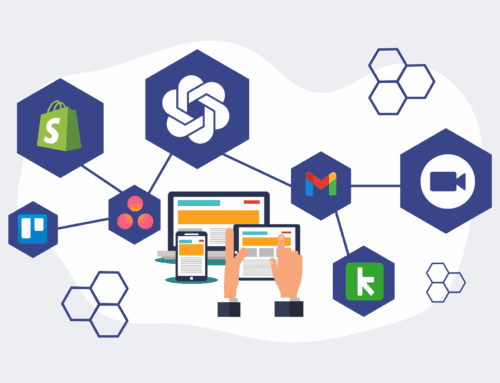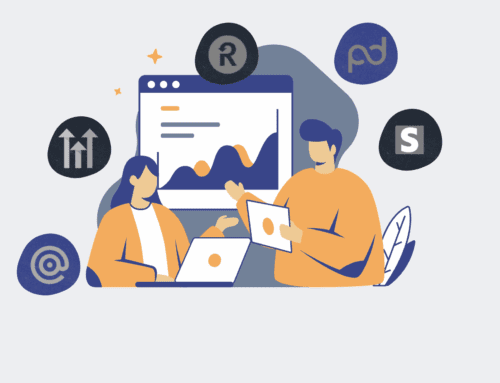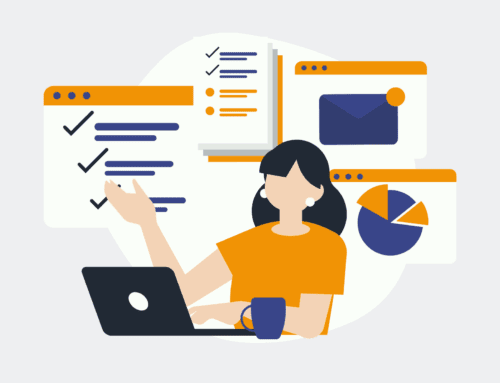The Rise of the Intelligent Welcome: AI’s Impact on HR Innovation
The first few weeks on the job are critical. They dictate an employee’s initial perception of an organization, influence their engagement, and significantly impact retention rates. Traditionally, onboarding has been a patchwork of manual tasks, mountains of paperwork, and often, a disjointed experience that leaves new hires feeling overwhelmed rather than welcomed. But what if the welcome mat wasn’t just laid out, but intelligently tailored, proactively anticipating needs, and seamlessly integrating new talent into the fabric of your company? This is the promise of the Intelligent Welcome, driven by AI’s transformative power in HR innovation.
For too long, HR departments have grappled with the paradox of onboarding: it’s vital for success, yet often a bottleneck of administrative burden. From managing compliance documents and setting up IT access to assigning mentors and scheduling introductory meetings, the manual workload can be immense. This often leads to inconsistent experiences, delayed productivity, and, in worst-case scenarios, early employee churn. High-growth B2B companies, especially those scaling rapidly, feel this pinch acutely. The traditional approach simply doesn’t scale; it actively hinders efficiency and impacts the bottom line.
Beyond Paperwork: AI-Powered Personalization at Scale
The Intelligent Welcome fundamentally redefines this process. It leverages artificial intelligence to create a highly personalized, efficient, and engaging onboarding journey. Imagine an AI system that, upon offer acceptance, instantly triggers a sequence of actions: provisioning software, initiating background checks, scheduling initial training modules, and even curating a personalized learning path based on the new hire’s role, department, and stated preferences. This isn’t just automation; it’s anticipatory intelligence.
AI’s strength lies in its ability to process vast amounts of data and identify patterns that humans cannot. For onboarding, this means analyzing an individual’s profile to suggest relevant internal networks, recommend specific company resources, or even pair them with a peer mentor based on compatible interests or skill sets. This level of personalization, previously only feasible for executive hires, can now be extended to every new employee, at scale. It transforms the experience from a generic checklist to a bespoke journey designed to accelerate integration and boost belonging.
Elevating Employee Experience, Driving Productivity
The benefits extend far beyond administrative relief. A streamlined, intelligent onboarding process directly impacts employee experience and, consequently, productivity. When new hires feel supported, informed, and valued from day one, their time-to-productivity decreases significantly. They spend less time navigating bureaucracy and more time contributing meaningfully. AI can act as a virtual onboarding assistant, answering common questions, guiding them through initial tasks, and providing instant access to information, reducing the strain on HR teams and managers alike.
Consider the cumulative effect of eliminating common onboarding friction points: delayed IT setup, confusion about company policies, or the awkward search for the right internal contacts. Each of these small frustrations adds up, eroding initial enthusiasm. AI, through intelligent chatbots, automated task assignments, and proactive communications, can smooth these edges, ensuring a positive and productive start. This focus on removing low-value work from high-value employees—HR professionals, managers, and new hires—is a cornerstone of operational excellence.
From Welcome to Wholeness: AI Throughout the Employee Lifecycle
The Intelligent Welcome is not a one-off event; it’s the foundation for an AI-powered employee lifecycle. The data and insights gathered during onboarding can inform subsequent stages of an employee’s journey: identifying potential training needs, recommending internal mobility opportunities, or even predicting flight risk through sentiment analysis and engagement patterns. AI tools can continuously monitor key indicators, providing HR leaders with actionable insights to foster a thriving, engaged workforce. This enables a proactive, rather than reactive, approach to talent management.
Implementing such systems requires strategic foresight and a clear understanding of your organization’s unique needs. It’s not about deploying “tech for tech’s sake,” but about identifying specific bottlenecks and applying AI and automation to solve them with measurable ROI. Integrating disparate HRIS, CRM, and communication platforms (often through intelligent automation platforms like Make.com) becomes crucial to create a single source of truth and a truly cohesive “intelligent welcome” ecosystem. This strategic integration is where organizations unlock significant cost savings and efficiency gains, often saving 25% or more of an employee’s day.
The rise of the Intelligent Welcome marks a pivotal moment for HR innovation. It’s a shift from simply processing new hires to strategically integrating them, leveraging AI to enhance personalization, boost efficiency, and lay a strong foundation for long-term employee success. Embracing this evolution isn’t just about staying competitive; it’s about fundamentally rethinking how we welcome, nurture, and retain the talent that drives our businesses forward.
If you would like to read more, we recommend this article: The Intelligent Welcome: AI Onboarding for Next-Level HR Efficiency and Employee Experience








